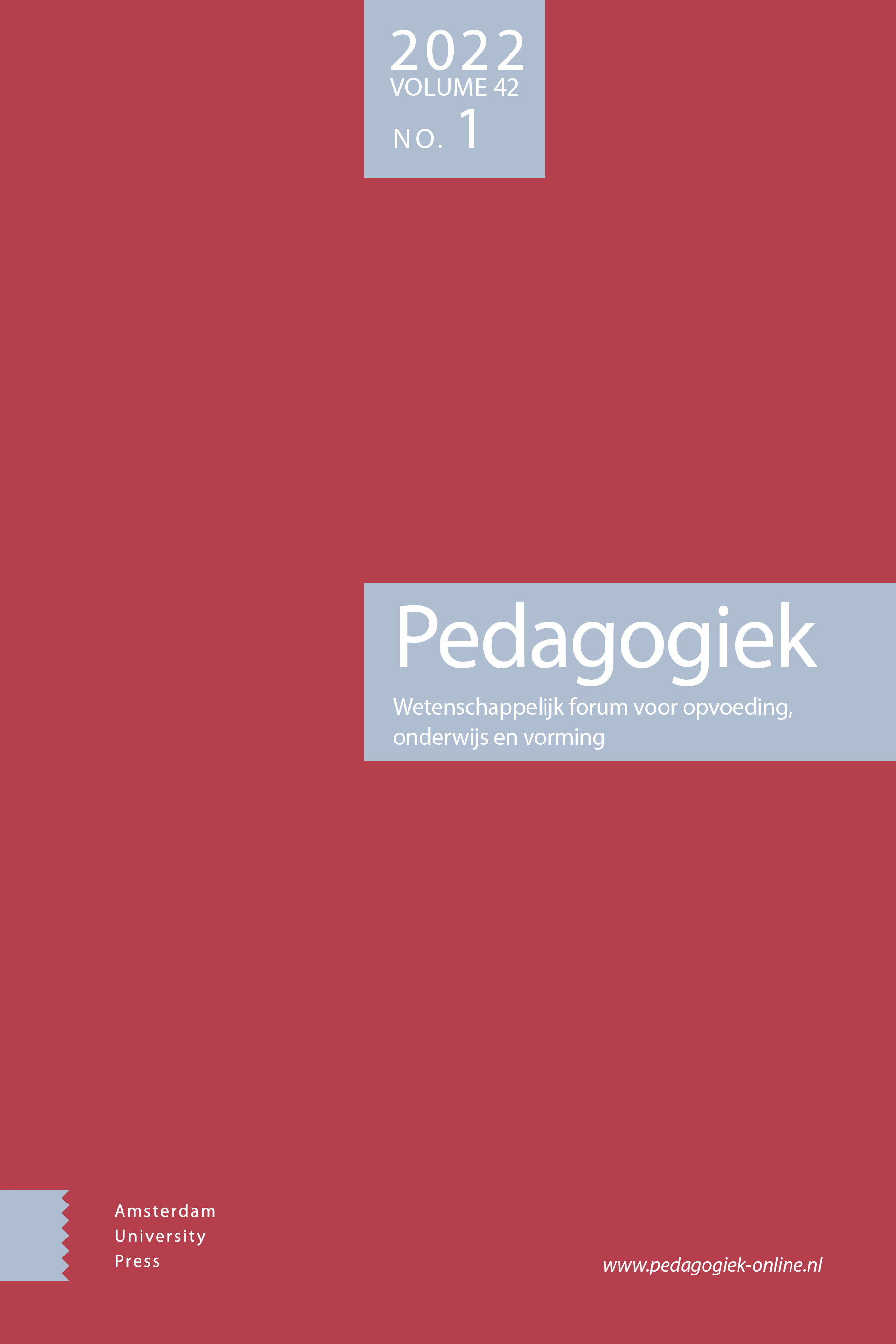-
oa Bildung in het hbo. Opvattingen van docenten over hun taak in de vorming van studenten.
- Amsterdam University Press
- Source: Pedagogiek, Volume 40, Issue 1, Jul 2020, p. 23 - 44
-
- 01 Jul 2020
Abstract
Bildung in Dutch universities of applied sciences. Teachers’ perceptions about their task in students’ moral education.
In response to market ideology permeating the education system, an appeal has been made to the notion of Bildung to understand better what (higher) education should be about. Traditionally, it denotes a process of becoming human through which individuals can develop their capacities and talents in a harmonious way by relating to cultural sources. Worldwide, empirical research on Bildung is extremely scarce, and the picture of how lecturers at universities of applied science understand their task to contribute to students’ moral education is very fragmented. An online survey was filled out by employees (n = 686) of ten different institutes of a large Dutch university of applied science. Students’ formation turned out to be part of their task perceptions, and was largely understood in terms of stimulating critical thinking and inquiring attitudes. The majority claimed to stimulate Bildung by being a role model and by incorporating it in their daily lessons. Lecturers experienced a packed curriculum, a focus on testing and assessment, and a poor institutional vision on Bildung as obstacles to act on their perceptions. The article ends with a discussion of the (limited) power of the Bildung tradition for universities of applied sciences today.


